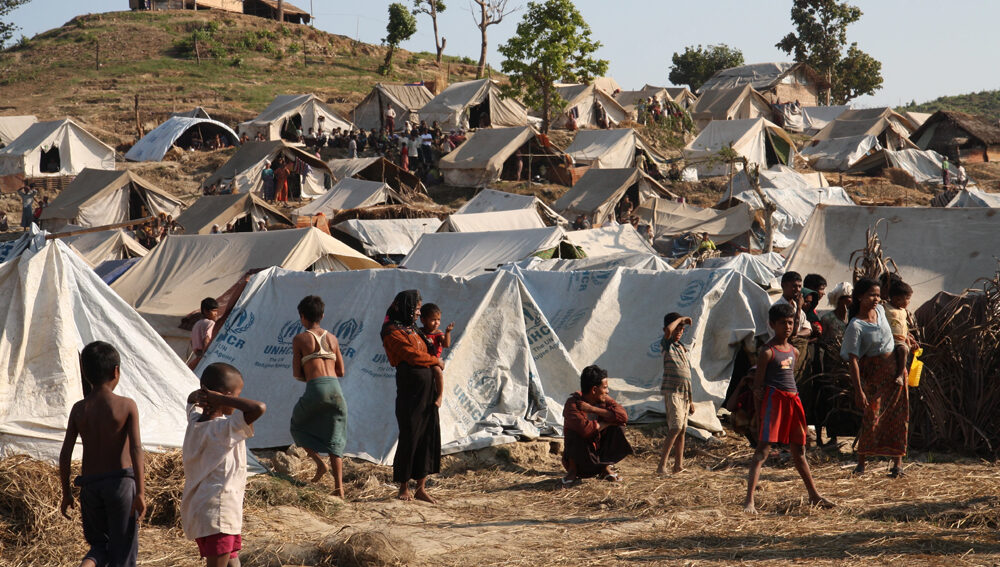SARA E DAVIES AND JACQUI TRUE |
Why the latest epidemic was entirely predictable
“The international community, especially the UN Security Council, has failed us. This latest crisis should have been prevented if the warning signs since 2012 had not been ignored,” said Razia Sultana, a Rohingya rights lawyer and civil society representative.
What are the early warning signs of sexual violence in armed conflict (SVAC) in conflicts with different levels of intensity? There is a large volume of research on sexual violence in wars, particularly within Sub-Saharan Africa and increasingly the Middle East. But our knowledge is relatively limited when it comes to understanding incidence and reporting conditions in the protracted conflicts that often experience waves of ‘low-level’ violence over many years, coupled with short episodes of intense violence – such as Myanmar.
We have compiled the new PSVAP (Preventing Mass Sexual Violence in Asia-Pacific) dataset of all existing reports of types of sexual violence and gender-based violence by official, unofficial and media organisations to explore the patterns of reporting and of reported violence in three active conflict environments: the Philippines, Sri Lanka and Myanmar.
Please click here to read the full “The scourge of sexual violence in Myanmar” article at the APPS Policy Forum by Griffith Asia Institute member, Associate Professor Sara Davies and Professor Jacqui True from Monash University.








